#BlackBehindBars: Sparking a conversation on the black wrongful conviction experience in the U.S.
02.04.19 By Alicia Maule
This Black History Month, the Innocence Project is sharing the harsh reality of being black behind bars and the survival mechanisms innocent people employ to overcome being wrongfully convicted. From their very first interaction with the police, to being arrested, booked, charged, convicted, and sentenced, black people are discriminated against and disproportionately criminalized at every stage of the criminal justice system.
Related: March for Justice
The same trends that we witness at the front end of the system are also seen among black people who were exonerated of crimes they didn’t commit. Black exonerees face disparities at every point in the system from being more likely to be wrongly convicted to spending more time behind bars and once exonerated, receiving less compensation than white exonerees.
To be a black person in America is to be seven times more likely to be wrongfully convicted of murder and three times more likely to be wrongly convicted of sexual assault as compared to white people.
Quiz: What’s the cost of being black and innocent?
To be a black exoneree in America means:
- You are 222 of the 362 people proved innocent by DNA
- You are 84 of the 164 survivors of death row (Death Penalty Information Center)
- You spent an average of 10.7 years behind bars for a crime you didn’t commit vs. 7.4 for whites exonerees (National Registry of Exonerations)
Now that you have the facts, join #blackbehindbars on Twitter to see the impact wrongful convictions have on exonerees, families, and communities.
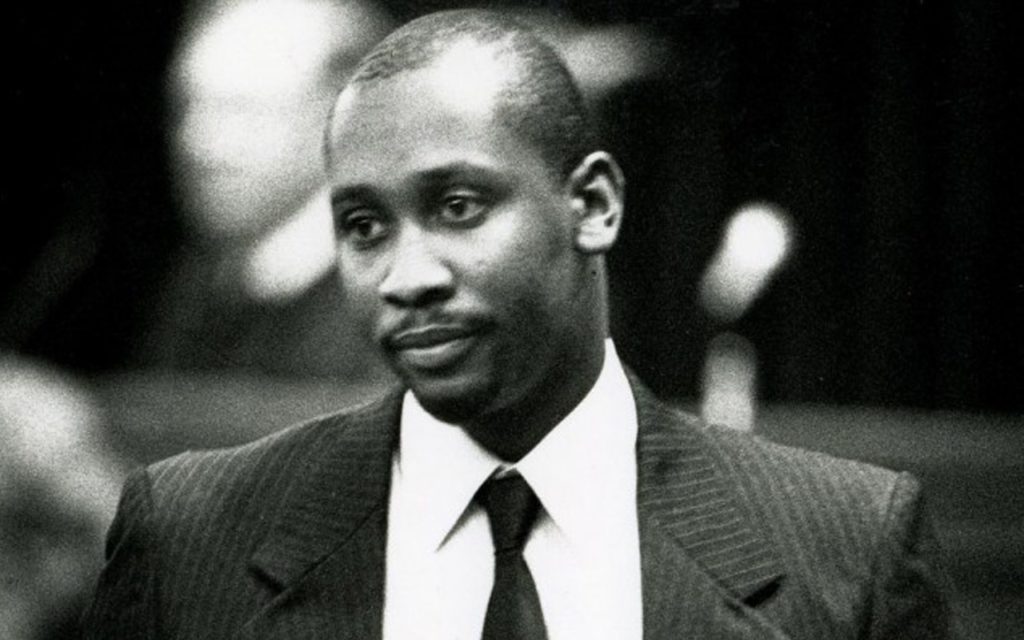
“The struggle for justice doesn’t end with me. This struggle is for all the Troy Davises who came before me and all the ones who will come after me … I will not stop fighting until I’ve taken my last breath.” —Troy Davis, Executed by the State of Georgia on Sept. 21, 2011
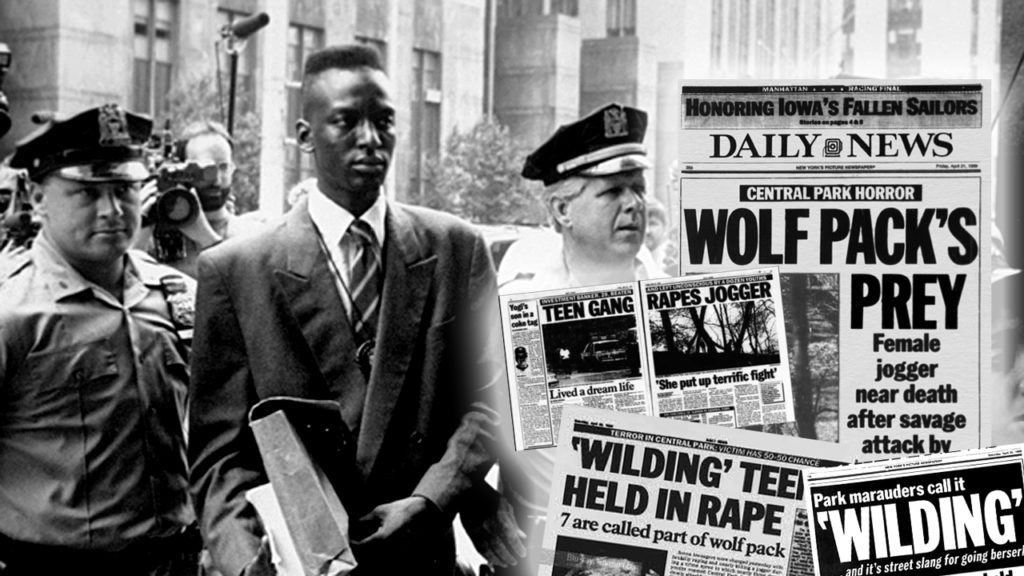
“We were branded ‘monsters’ and rapists, high profile New Yorkers called for our execution, and we lost a combined 33.5 years of our youth in prison.” —Yusef Salaam, Innocence Board Member and member of the Central Park Five
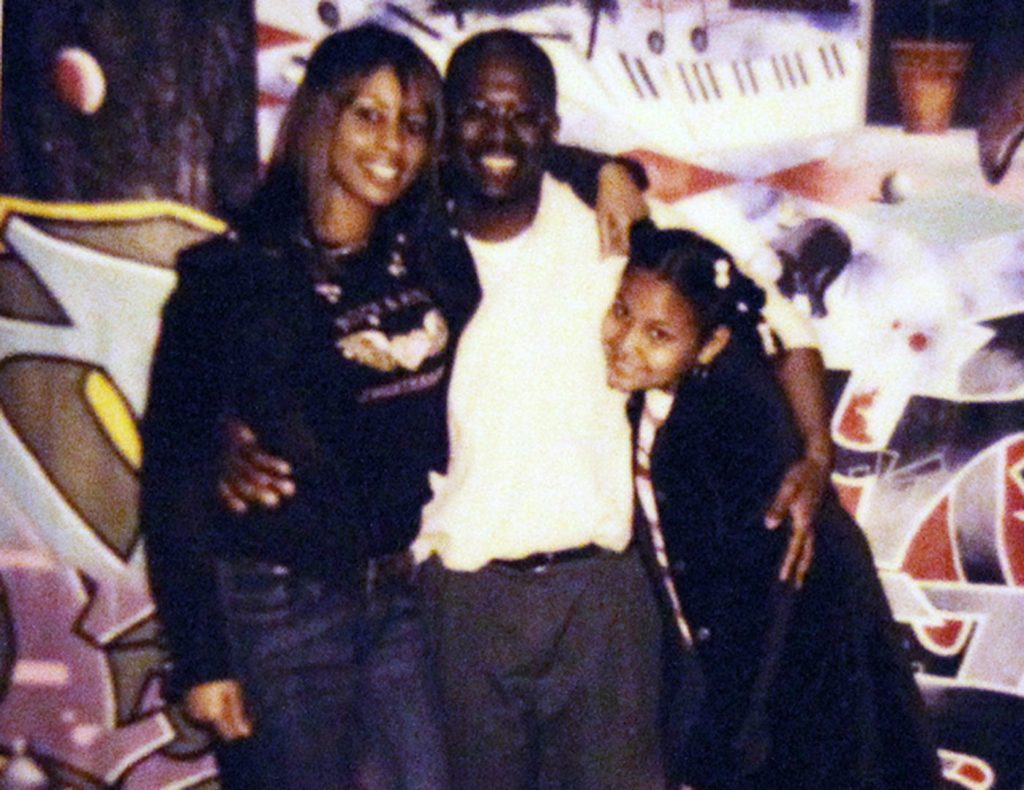
Jabbar Collins’ family visiting him in prison.
“I was 21 years old when I was wrongfully convicted of murder and sentenced to life in prison. I spent the next 16 years of my life there, all while prosecutors hid crucial evidence and yet not one prosecutor who hid evidence was punished or disciplined. I ask you, how is this fair?” —Jabbar Collins, exoneree
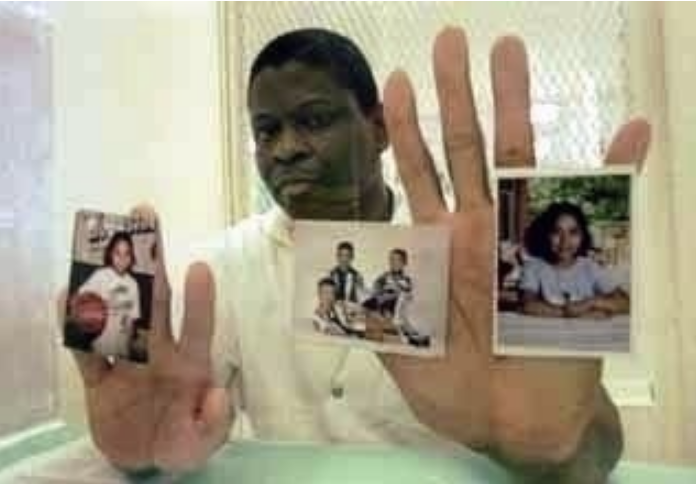
Rodney Reed
“People need to continue to organize, network, communicate. share your ideas and strategies and stay in contact.” —Rodney Reed, remains black behind bars on Texas’ Death Row
“Black people in the United States have never been given a presumption of innocence in the criminal justice system. Their entire relationship to justice is not a standard of not guilty but one of not guilty yet.”
Karen Thompson, Innocence Project Senior Staff Attorney
“I knew I was going to prison for something I didn’t do. I trusted in the justice system and it failed me.”
Marvin Anderson, Innocence Project Board Member and exoneree
“The system is designed to break you down mind, body, and soul. It’s up to you to stay focused and driven.”
Stefon Morant, exoneree
“In West Virginia, where I was locked up, all of the guards were white. White inmates got the best jobs and were given a level of trust that black inmates did not get. The way prison is currently structured, I found myself forced to practice not trusting anyone in prison. I practiced this until it became automatic.”
Kenneth Lawson, Co-Director Hawaii Innocence Project
“Being black in America is an honor that few people realize. An honor that signifies greatness throughout all these atrocious conditions we faced. We’re still here survivors standing strong. Being black in America.”
Leroy Harris, exoneree
To fight wrongful conviction, we must all take a stand against racial injustice. Sign the pledge.
Leave a Reply
Thank you for visiting us. You can learn more about how we consider cases here. Please avoid sharing any personal information in the comments below and join us in making this a hate-speech free and safe space for everyone.
June 1, 2021 at 6:46 pm
December 2, 2020 at 8:12 pm
If you look at the data, this isn’t a systemic problem – it’s a problem with specific counties, and possibly specific people in those counties.
Here’s the exonerations, sorted by year of conviction, and grouped by state & county
https://imgur.com/a/8ArQJhL
A pattern quickly emerges: You really don’t want to be black or hispanic in certain counties. Especially Cook County, Illinois, Kings County & the Bronx in NY, Los Angeles County in California, Baltimore Maryland, Wayne Michigan, or Philadelphia, PA.
The next step should be to dig into the cases in those counties and find out what’s happening there, why, and fixing it. If it ends up that it’s individual people who are bad actors causing this, they need to be rooted out and imprisoned.
Even so, wrongful convictions make up ~0.5% of the convictions for any given year. Let’s get that number to 0, everywhere.
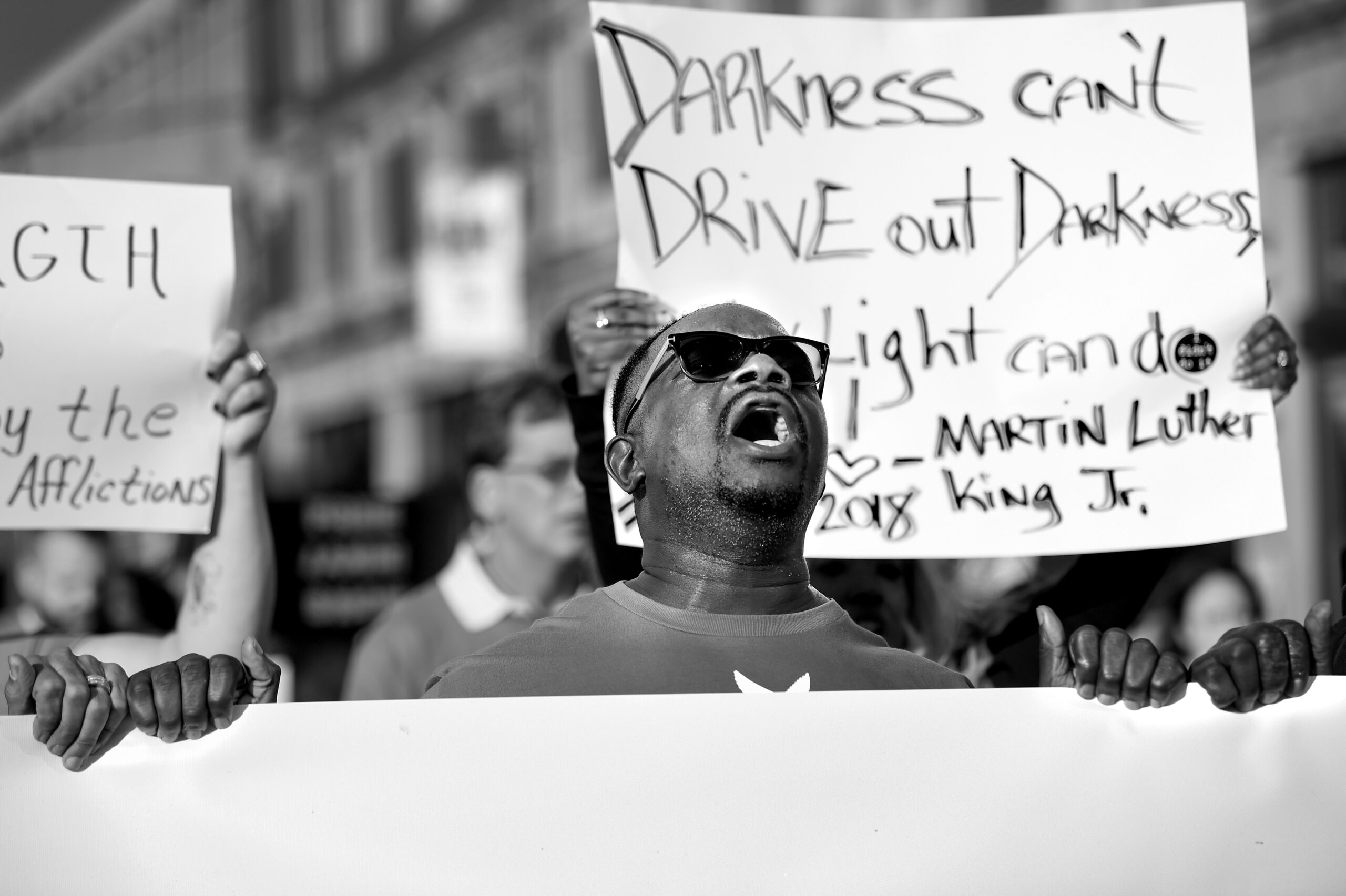
I’m so glad the Innocence Project exists and especially so in the case of Archie who spent 37 years behind bars and then wowed the world on America’s Got Talent – he is the reason we learned about you and what you do. The world is a better place because of you.